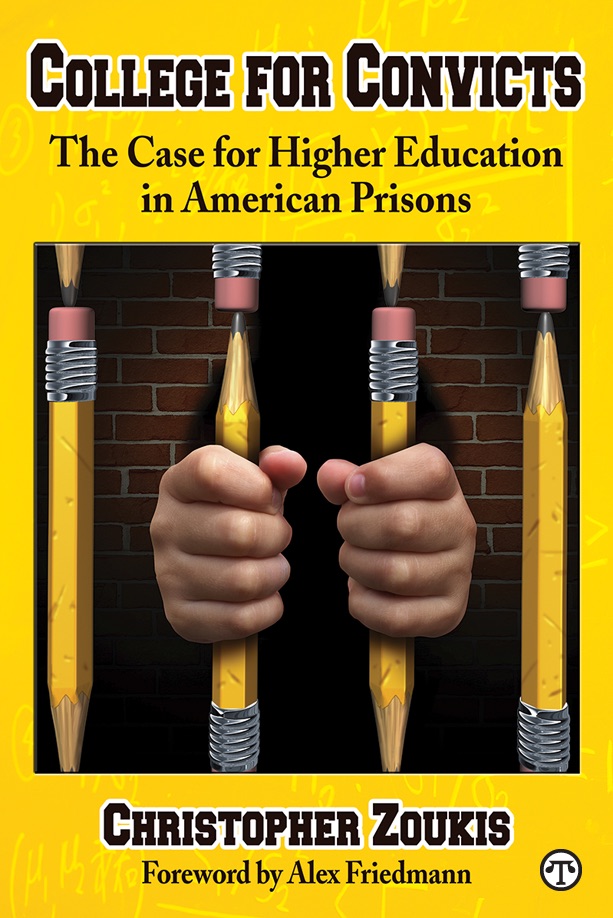
(NAPSI)—A smart investment now could save taxpayers billions a year and make the nation a safer, better place to live.
The investment is in education for prisoners. It may seem strange but the numbers show why:
According to the Bureau of Justice Statistics, approximately 95 percent of prisoners are eventually released. This amounts to around 700,000 prisoners sent out into communities every year.
Since many of them have less than a 6th grade reading level, practically no education, a criminal record and little in the way of marketable skills, up to 80 percent return to prison in three to five years. Considering American taxpayers spend $70 billion a year providing basic services to prisoners, by educating just 10 to 30 percent of them enough to keep them from coming back, taxpayers could save $60 billion a year and make their communities safer.
What’s more, it helps the next generation grow up to be good citizens. Many of these prisoners are parents. Since 1991, the number of children with a mother in prison has more than doubled. The number of children with a father in prison has grown by 76 percent.
About half these parents were the main earners for their children before going to prison. That leaves more single-parent households and damaged family ties–exacerbating chronic childhood poverty. It also leaves the taxpayers paying for the economic, mental health, medical and child welfare services for the incarcerated parents’ children.
That’s why books such as “College for Convicts: The Case for Higher Education in American Prisons” (McFarland & Co., 2014) and the “Prison Education Guide” (Prison Legal News, 2016) and the experts at Prisoneducation.com agree: Ensuring that ex-offenders become employed, contributing members of society is critical to the well-being of everyone.
Learn More
For further facts and stats, go to www.prisoneducation.com.
